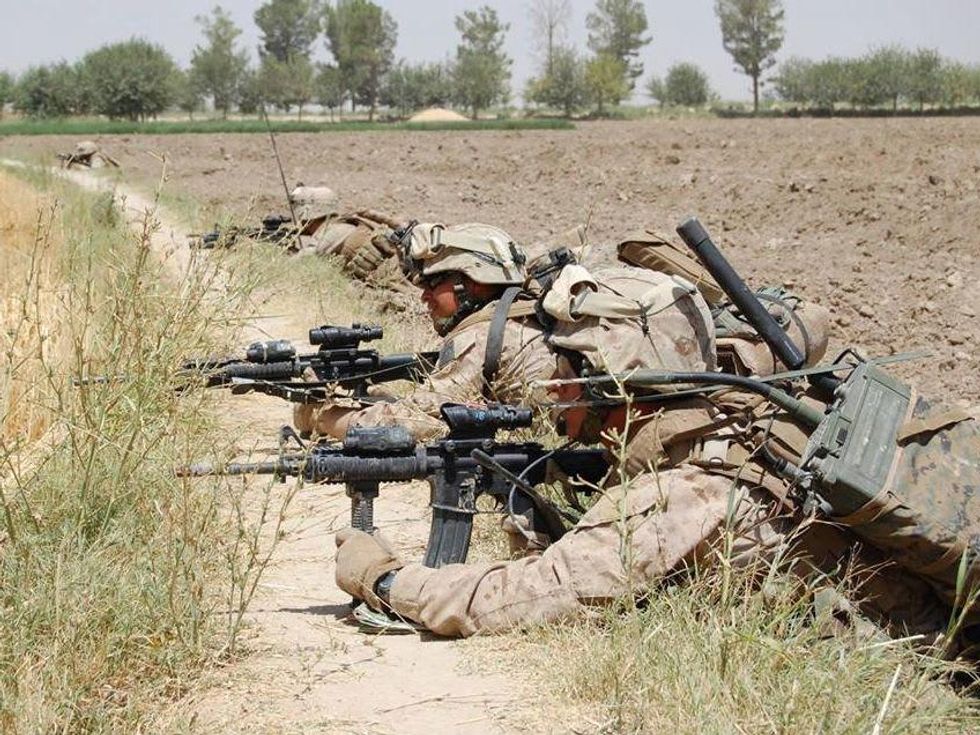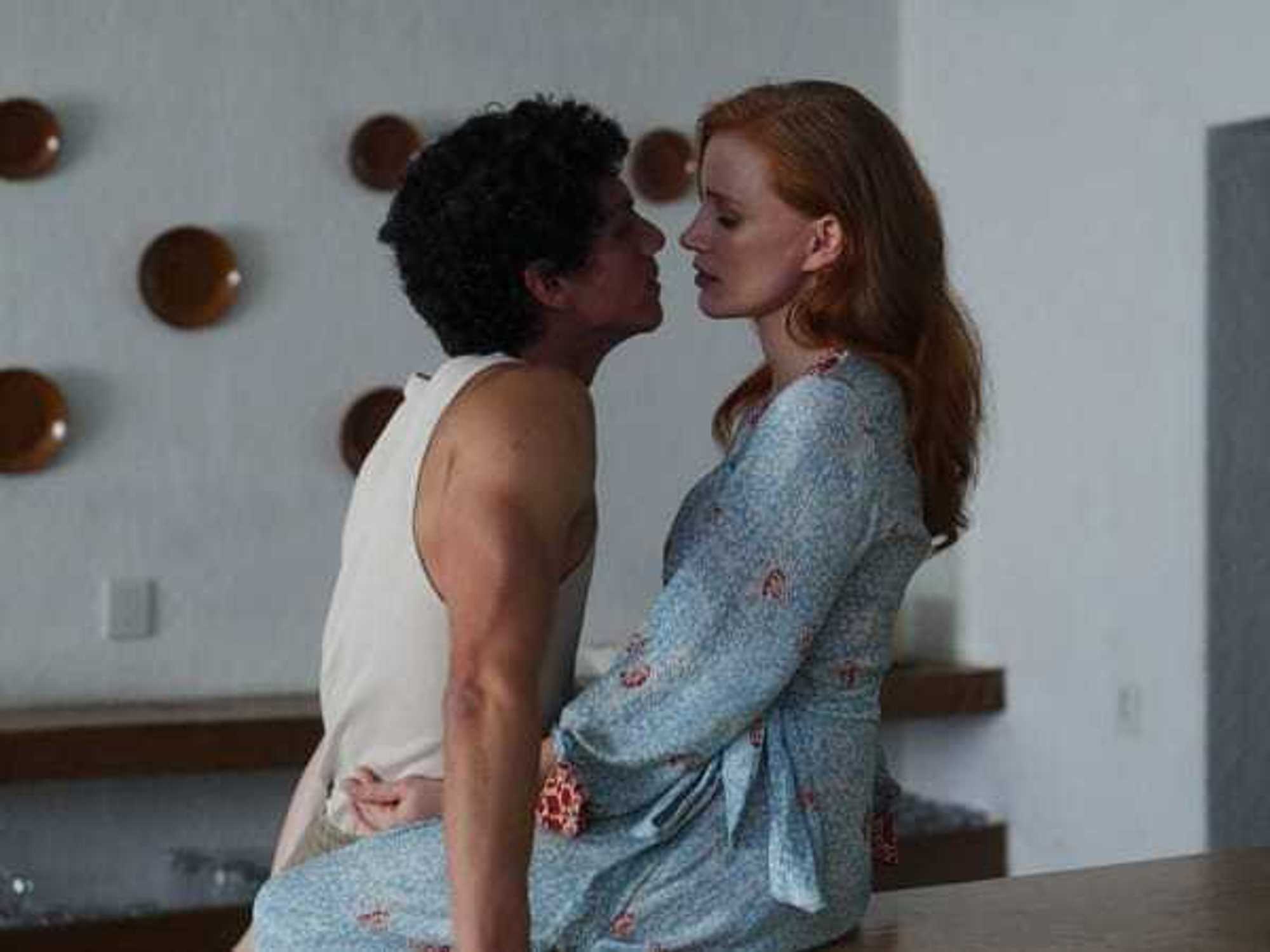Concert Coup
Wynonna Judd adds star power to documentary world premiere with free performance at Angelika
The documentary film The Hornet's Nest, featuring on-the-ground footage of U.S. troops fighting in Afghanistan, has its world premiere at Angelika Film Center Dallas on Monday, May 5, with an exciting twist: a pre-screening performance by Wynonna Judd and her husband, Cactus Moser. Judd and Moser contributed an original song, “Follow Me,” to the soundtrack.
The film is a culmination of work done by two journalists, father-and-son team Mike and Carlos Boettcher, who followed troops on a dangerous mission into a notorious valley in Afghanistan. The film is designed as a way to honor the heroism and sacrifice made by soldiers.
The film is co-directed by David Salzberg and SMU alum Christian Tureaud, who decided to undertake the project three years ago when they attended a screening of The Perfect Game, a film they co-produced, at the 2011 Dallas International Film Festival.
That screening took place at the Angelika, so they wanted to premiere this film in Dallas to bring their involvement full circle. Tureaud credits Judd and Moser for elevating the film's profile.
Also performing at the premiere are Navy Seal-turned-singer-songwriter Pete Scobell, singing “The Ones I Stand Beside,” and composer Mike Trella, who wrote the score for the film. All performances are free and will take place outside the Angelika on the mezzanine stage.
The premiere of The Hornet's Nest is invitation-only, but the film opens at the Angelika on Friday, May 9, with the national release scheduled for May 23.
Wynonna Judd and her husband, Cactus Moser, perform an original song prior to the screening of The Hornet's Nest at the Angelika on May 5.


